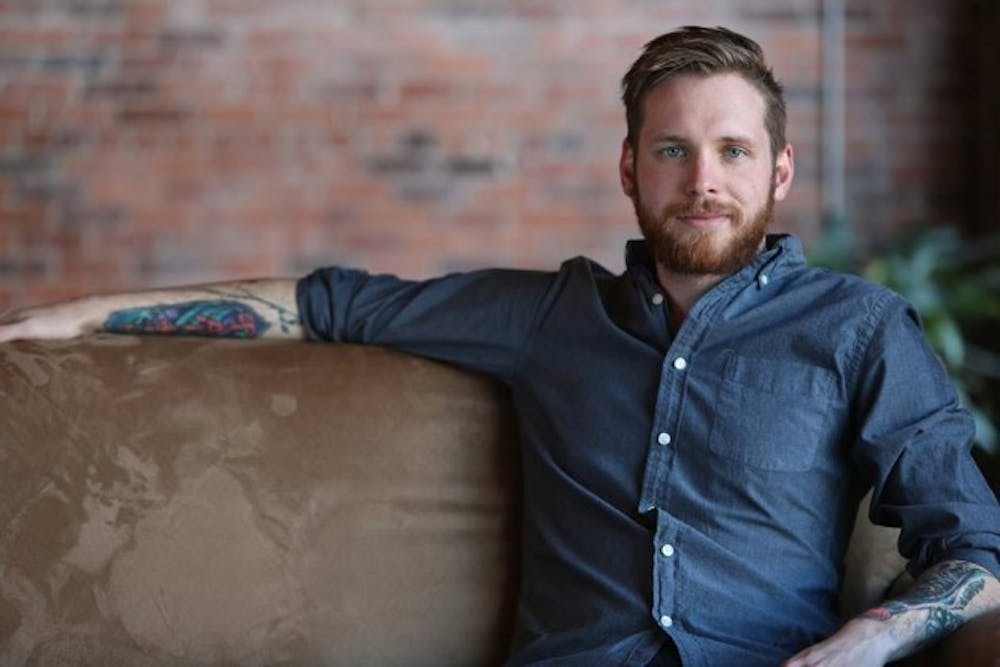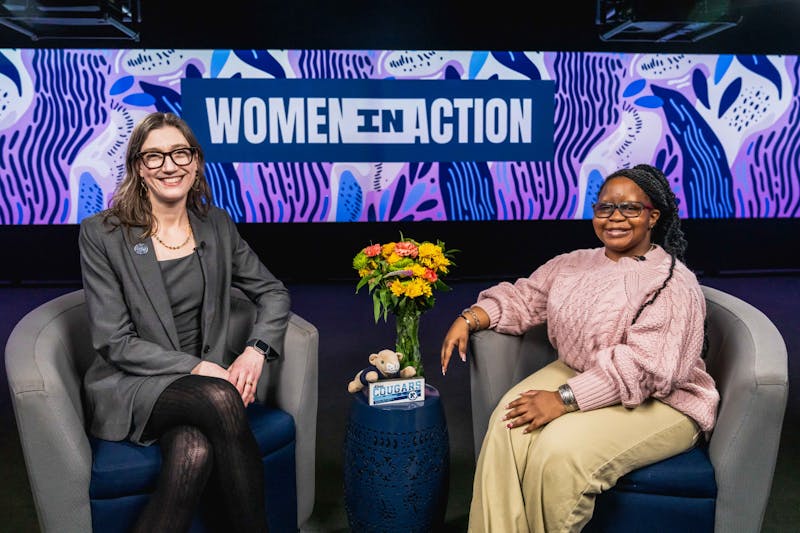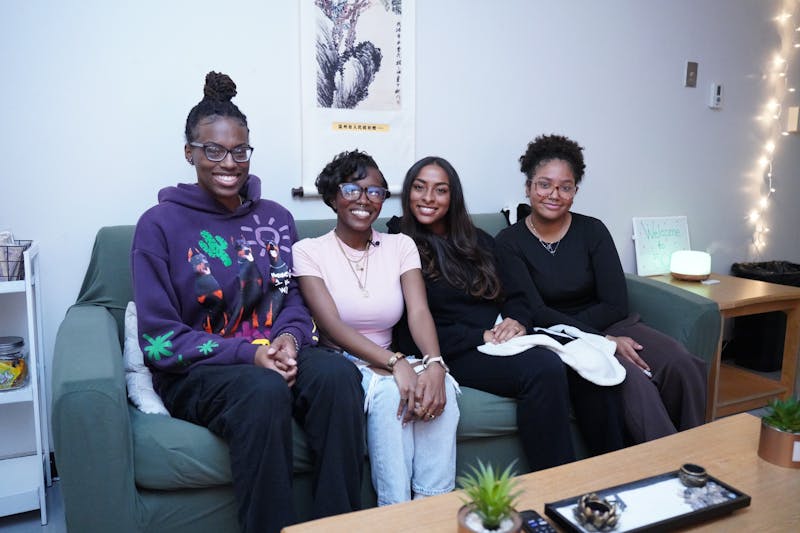One of the hardest topics to speak about is sexual violence, especially if one is a victim. But it is time that someone finally gets the nerve to speak about it. That is exactly what Tim Mousseau did when he came to Kean University on Tuesday, April 12, 2016. He spoke to a room filled with students in the Little Theatre.
He begins his hour long presentation on the question, “What is the most awkward date you have ever been on?” More than half the students there raised their hands and some shared their experiences. Then Mousseau shared his awkward date.
While on a coffee date with someone, he comments that "the reason why we connected so well is because both of us are writers...” his date asked him if she can see the articles he has written online, and so he let her. After looking through some of his articles, his date stumbled on one and stops.
“She looks up at me and she gives me this look that I know. It’s a look of shame and it’s a look of fear. And it’s a look of pity…and it’s a look I get from college audiences across the country. The reason for her look is because she came upon this: ‘to the person who sexually assaulted me, I forgive you.’”
Not a single word from the audience, exactly what he was expecting after he said those words.
Mosseau then speaks on his experience. He starts from the beginning and how he didn’t know that he was sexually assaulted. He was working at a college at the time while getting a master’s degree.
But then, “one day I got a letter that changed everything,” Mosseau says. He explains after going to Saint Louis for a conference, he received an envelope from the hotel. “Inside the envelope were pictures of me being sexually assaulted.” From the pictures, Mosseau can tell that he was drugged. He was in his early 20s.
For nine months Mosseau was angry and started drinking. It took him a while before realizing that it was time for him to get some help.
He went to counseling and spoke with other male survivors, and eventually moved to Denver, Colorado. That is when he had the idea of speaking up about sexually assault, because he learned that some people find it difficult to talk about sexual violence when it is someone they know.
“Our society framed the conversation on sexual assault…that if you are sexually assaulted that you should be ashamed of that or you shouldn’t talk about it,” Mosseau says. He continues to say that sexual assault is being talked about in the wrong way.
He comments that sexual violence happens to everyone and that 1 in 16 men will be sexually assaulted before the age of 18, while 1 in 4 women will be sexually assaulted in college and that 64 percent of transgenders will experience some form of sexual violence.
Mosseau also comments that sexual violence can be easily prevented. He comments that not everyone knows what consent means and easily explains it by relating it to asking someone if they want coffee.
“If someone says no to coffee, do you ask them again? No, you don’t.” But if someone says yes, “what do you ask next? How do you take your coffee?”
Sexual violence is a subject that needs to be talked about. If one has been sexually assaulted, it is best to speak to someone—a friend, a family member or a counselor—before trying to cope with it with alcohol or drugs.
Kean University has a counseling department in Downs Hall for anyone who wants to speak to a counselor.
For more information about sexual violence go to rainn.org. For more information about Mosseau, visit campuspeak.com.






